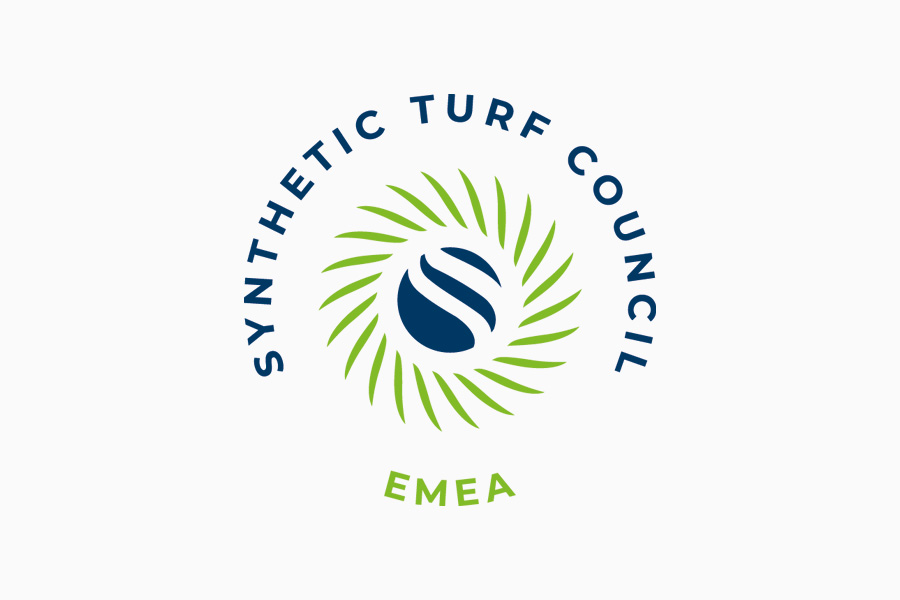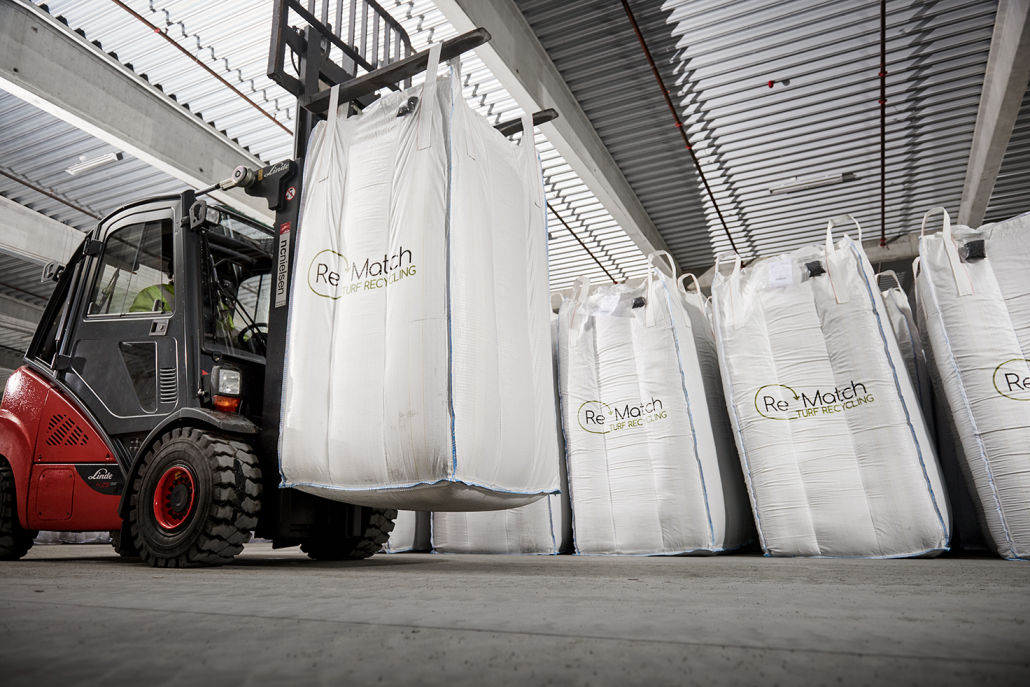EU Green Week 2021 – Member spotlight – Re-Match

Green light for Re-Match recycling facility in the Netherlands

The new state-of-the-art synthetic turf recycling facility of Re-Match Netherlands is being built in Tiel in Gelderland and will create jobs for 35 full-time employees. Once the cleantech facility is fully operational, it will provide the capacity to recycle more than 2 million square meters of synthetic turf pitches per year (280 full pitches) from […]
Re-Match to build 24 factories – starting in the Netherlands

With new investment capital, the Danish recycler of synthetic turf, Re-Match, sets out to build factories across Europe and North America. The first facility outside Denmark will be placed in the Netherlands to meet an increasing demand for a sustainable solution to the handling of worn-out synthetic turf. Re-Match, based in Herning, Denmark, has developed […]